Presidential campaigns have always attempted to persuade the public to vote for a candidate by discussing policies and presidential goals. In recent years, however, candidates have shifted to increasingly aggressive criticism and attacks on their opponents.
One of the ways candidates do this is through the use of negative advertising, also known as “attack ads.” An attack ad is defined as any kind of advertisement that is designed to attack an opposing candidate or political party to gain support for the attacking candidate and attract voters. While negative advertising became popular in the mid 1960s, the potency of attack ads has dramatically risen as the country has become more connected. In 2018, for example, the Wesleyan Project saw a 61% increase in the use of negative ads.
This constant exposure to negative advertising desensitizes the public into having a false perception of how elections are supposed to be conducted. In past elections, candidates have campaigned to show how they are going to improve America. This is how it is supposed to be.
These negative ads also make undecided voters believe there is no opponent truly worthy of the presidency. When one only sees the flaws of both candidates, they begin to view both candidates in a bad light, making it difficult to vote for either of them. By making voters believe that neither opponent effectively represents them, attack ads stop people from voting altogether. This makes every single vote either on the far left or far right much more influential because the only people going to the polls are extremists.
The main medium of these ads is social media, which has caused the creation of echo chambers along with the rapid spread of misinformation. An echo chamber is defined as an environment in which participants encounter beliefs that reinforce their preexisting beliefs inside a closed system. When people with extreme beliefs see negative advertising, it feeds into their echo chamber, further radicalizing their beliefs. The more voters sink into their echo chambers, the wider the gap in the already divided political climate becomes.
The voters contained in these echo chambers will blindly follow the party or candidate supported by the echo chambers. Former President Donald Trump most notoriously used this power to convince 70% of Republican voters that Joe Biden’s win in 2020 was illegitimate. He then convinced 2,500 supporters to assemble in Washington, D.C. and storm the United States Capitol. Trump’s aggressive and critical campaign led people to believe they were saving democracy by instigating an insurrection.
The American people need and deserve uplifting politics. Candidates should focus on how they will ensure America succeeds under their presidency. However, in the 2024 U.S. presidential debate between Vice President Kamala Harris and former President Donald Trump on Sept. 10, Trump decided to insult Harris when talking about her instead of answering questions and discussing the policies that will solve America’s most threatening problems. CBS compiled a list of insulting words each candidate used to describe the other, in which Trump’s list included 40 instances against Harris, while Harris only had 16 against Trump. This kind of politics is not only negative, but unproductive, as well.
If we expect elections to be peaceful and fair, we must stop supporting the negativity in campaigns by interacting with the ads. Candidates have to focus on what they bring to the table and why the public should support them instead of focusing on why the opponent is worse. U.S. citizens deserve to have candidates that engage in respectful elections.


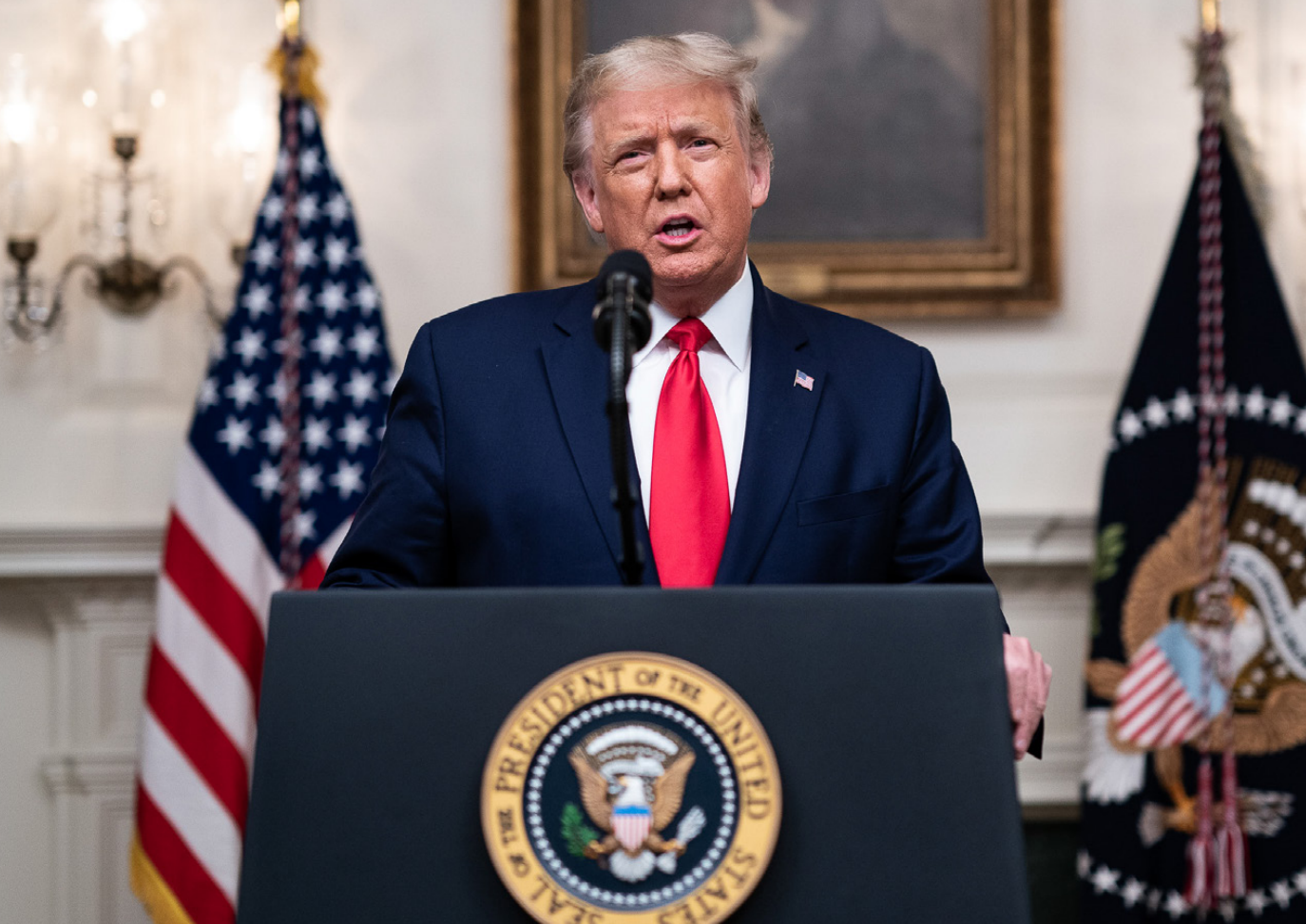
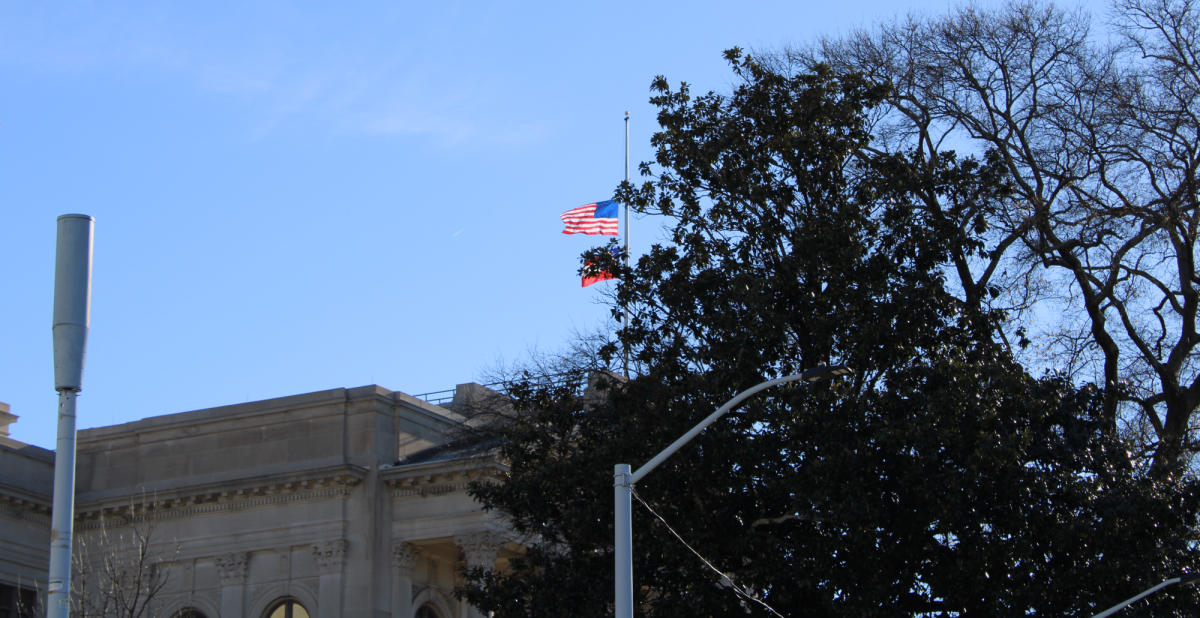
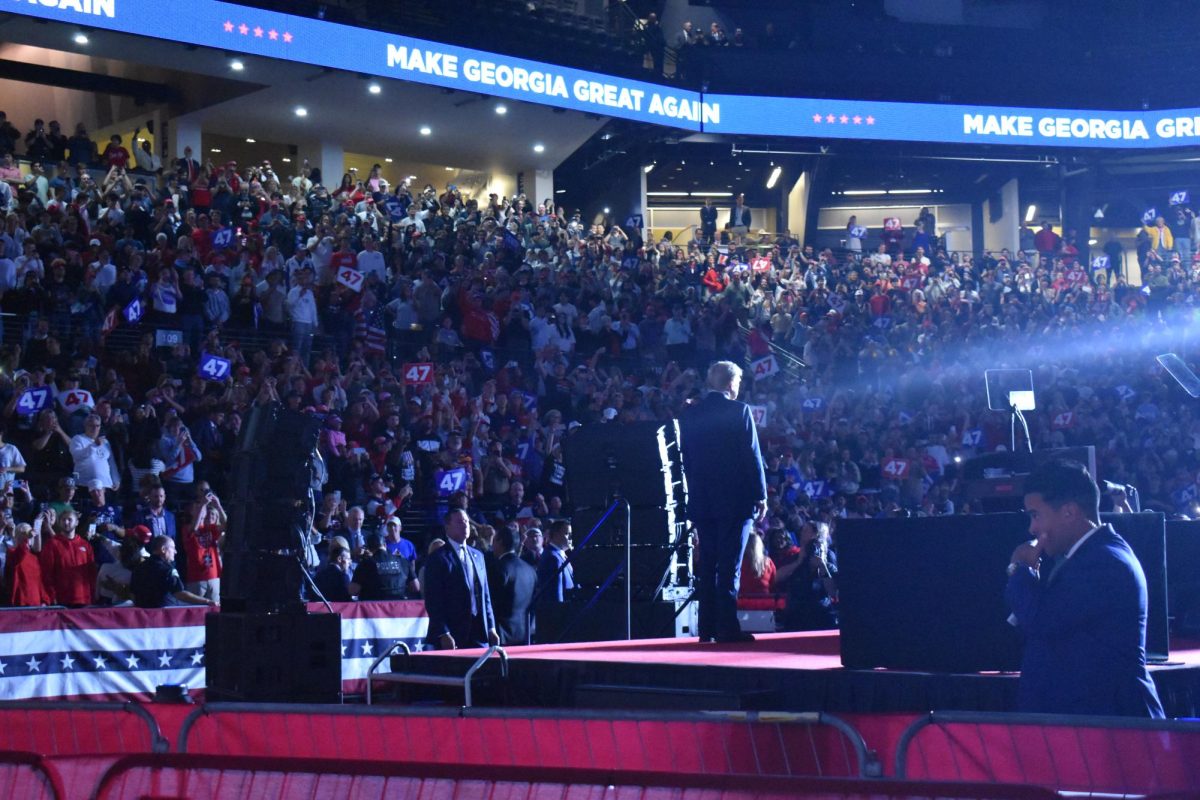
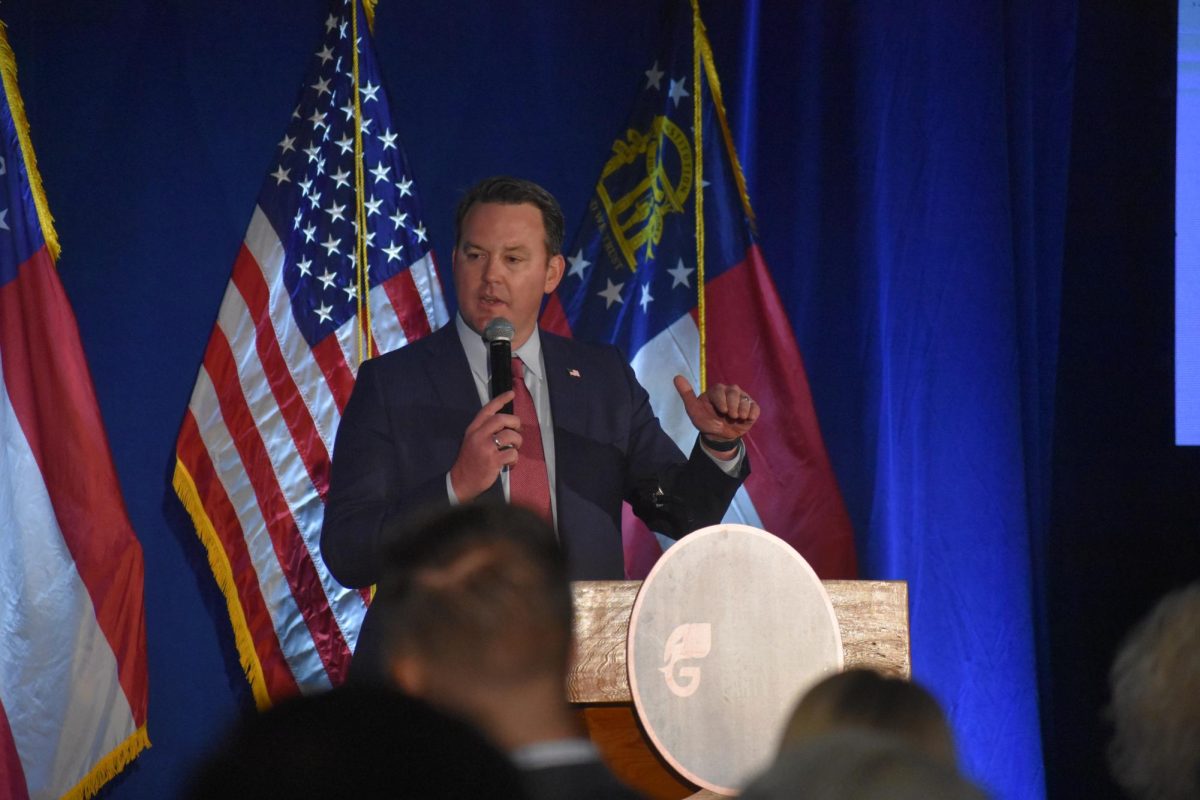
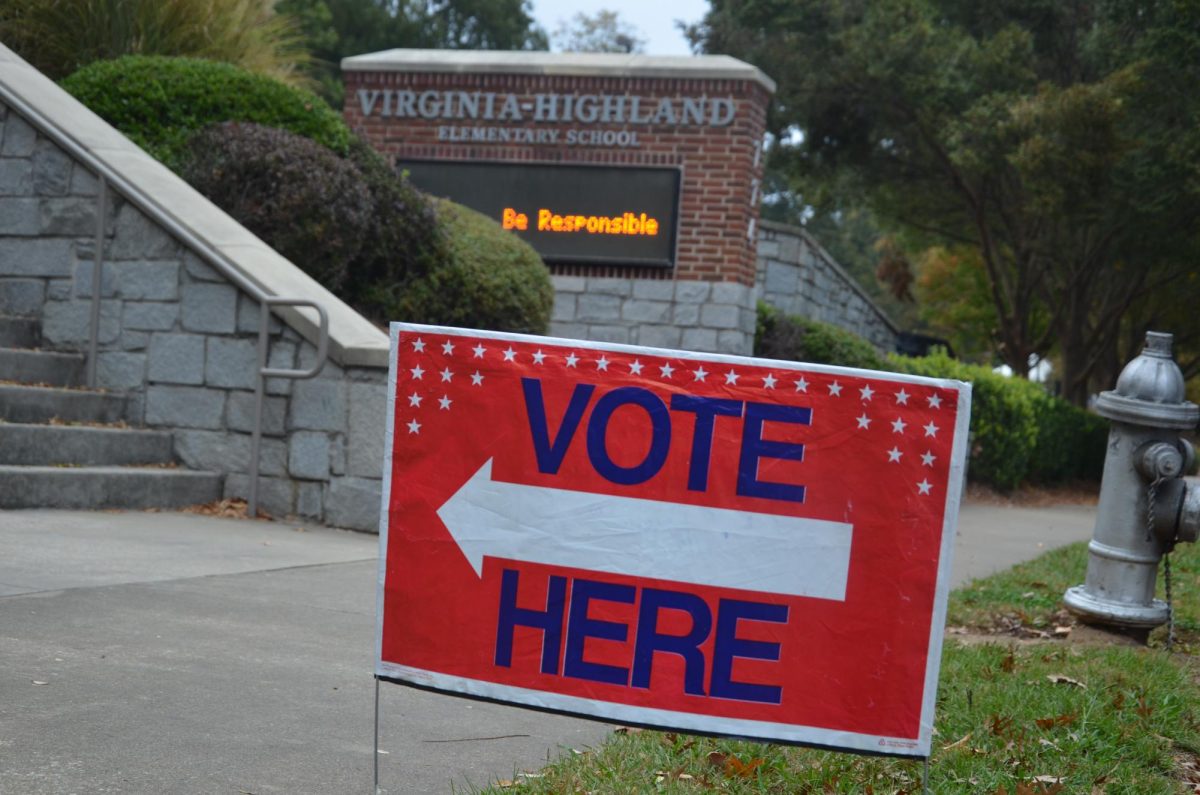





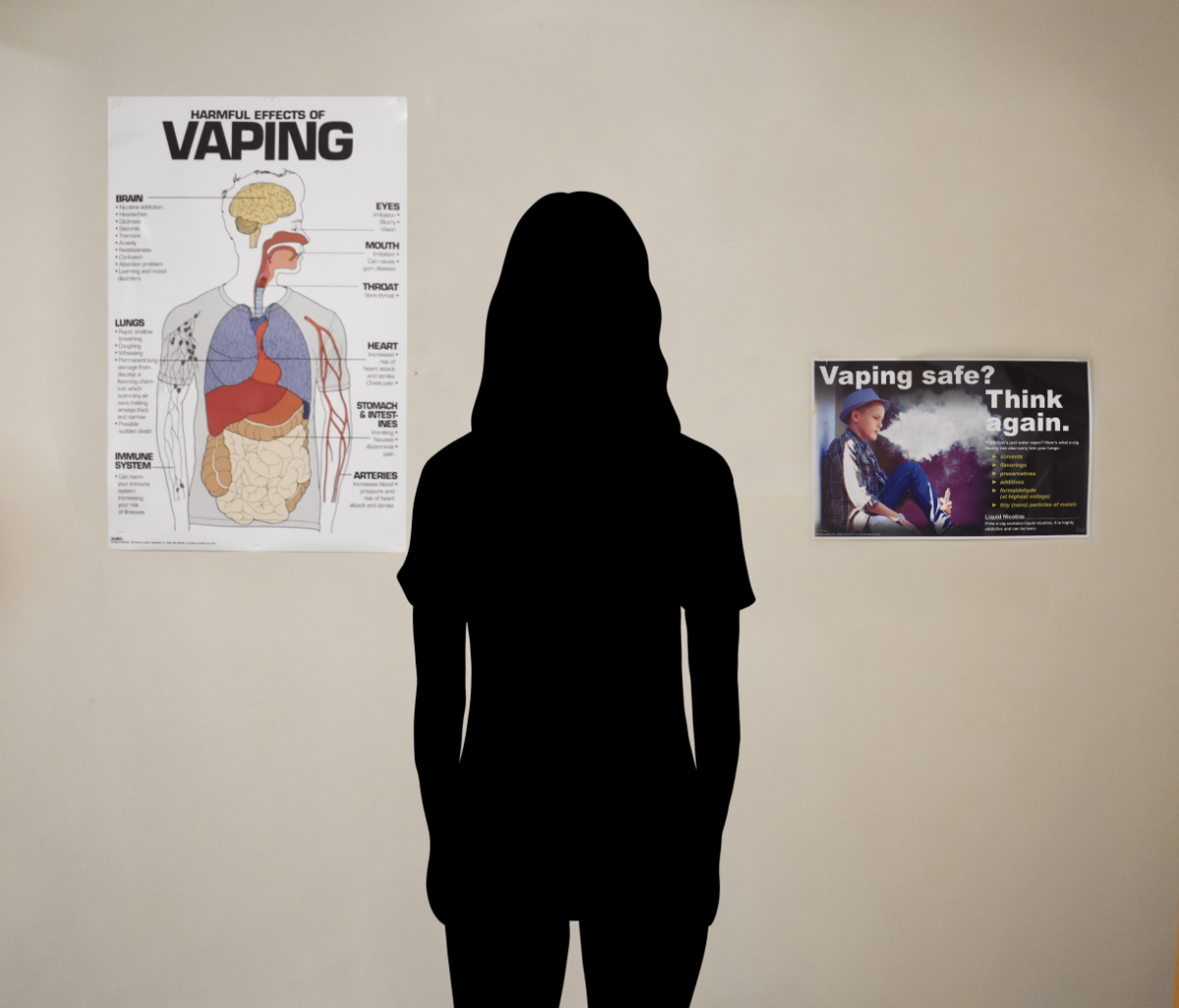



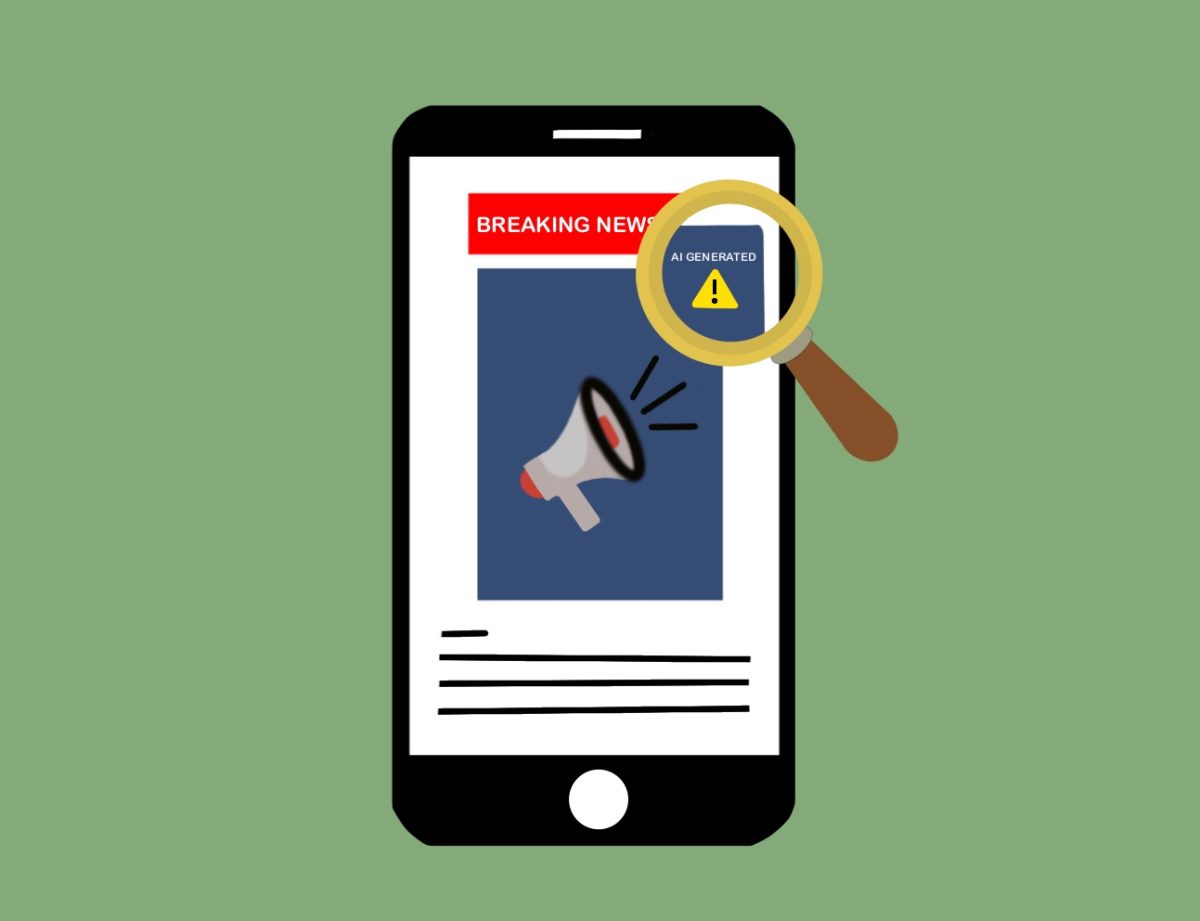





If Only • Oct 16, 2024 at 2:34 pm
Maybe we should allow negative votes in response to these negative campaigns. Your vote could count either for one candidate, or against another (but not both). Add all the positive and negative votes for the outcome. Would we have a net-positive result?